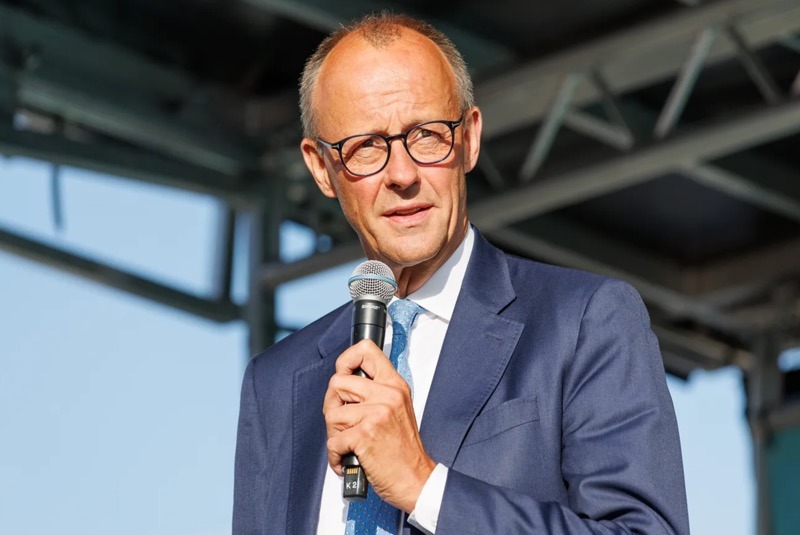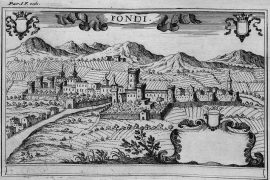In the recently concluded German elections, the German political landscape was reshaped by a significant surge in support for both the Christian Democratic Union (CDU) and the far-right Alternative für Deutschland (AfD).
Under the leadership of Friedrich Merz, the CDU secured around 28.5 per cent of the vote, while the AfD garnered 20.6 per cent, marking its most significant post-war result. The rise of these two parties has had profound implications for Germany’s future, particularly as they capitalised on the dissatisfaction with the incumbent government led by Chancellor Olaf Scholz.
Copyright©Madras Courier, All Rights Reserved. You may share using our article tools. Please don't cut articles from madrascourier.com and redistribute by email, post to the web, mobile phone or social media.Please send in your feed back and comments to [email protected]











